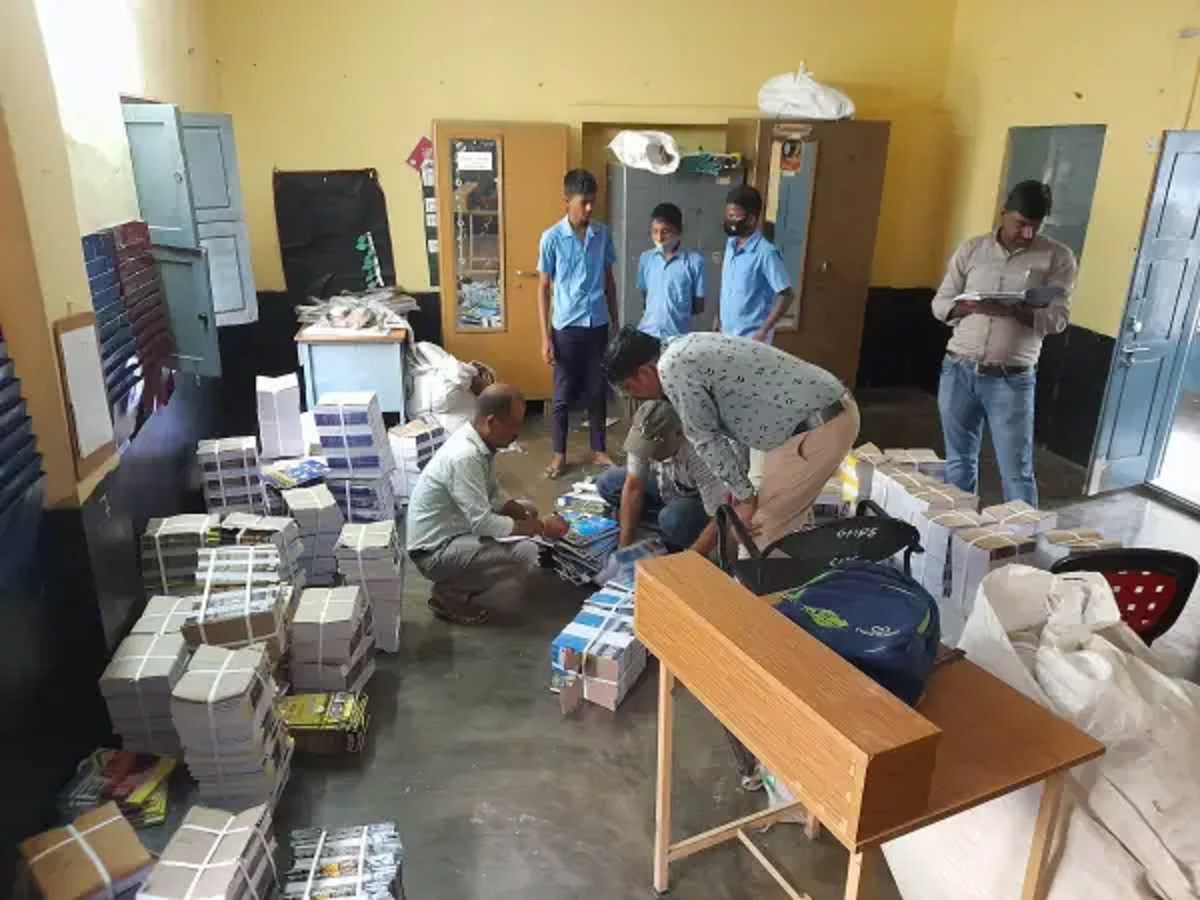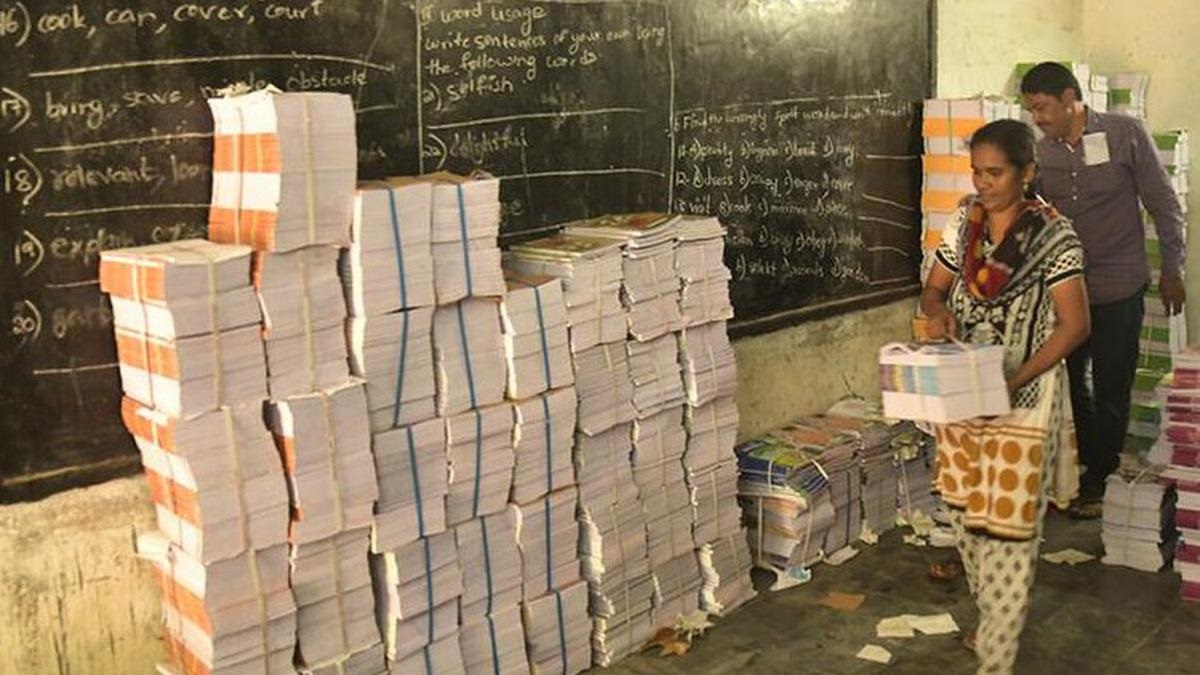- For the uninitiated, the National Council of Educational Research and Training (NCERT) is an autonomous organization set up in 1961 by the Government of India to assist and advise the Central and State Governments on policies and programs for qualitative improvement in school education. In line with the statute and spirit of the autonomous body, the NCERT has been functioning on expected lines since its inception. However, of late, it finds itself in the limelight for all the wrong reasons since politics has made its way into the functioning of the organization in more than one way. We know how the democratic form of governance entails diverse viewpoints from the political class and divergent ideologies/philosophies.

PC: The Indian Express
- Unfortunately, this ideological narration representing different political classes has been found prominently accommodated whenever the governments assume office at the Centre and States, respectively thereby affecting the educational curriculum in a big way. No wonder chopping and changing keep happening perpetually whenever there is a change of guard at both the Centre and States. NCERT is in the news again, and mostly for the wrong kind, again. We know that the National Testing Agency (NTA), which conducts NEET-UG, has blamed changes in NCERT textbooks for the inflated marks of some examinees. NTA’s logic is that some examinees had based their answers on earlier textbook versions. This doesn’t absolve NTA of its mismanagement.
- But NCERT revisions are a cause for concern, in multiple ways. Revised NCERT Class 12 political science textbooks, which hit stores last week, have engendered yet another pedagogic dispute. Politics influencing social science textbooks isn’t unique to India. Examples include the critical race theory controversy in the US and the debate over Chian Kai-shek’s legacy in Taiwanese history books. But NCERT textbooks are arguably crossing a line. This is NCERT’s fourth round of textbook revision since 2014. Many are arguing these revisions are geared solely to pushing the political right-wing’s ideological agenda, often by deleting or diluting topics like the Gujarat riots and the Babri Masjid demolition. Left-liberal bias or right-wing bias should not be figured at all.

PC: The Hindu Centre
- Sadly, this seems to be happening in NCERT textbooks of late. Education should provide students with multiple narratives and then let them make up their minds. But that can’t happen if, for example, the contribution of Mughal dynasties in art, architecture, and jurisprudence is diminished. Similarly, selectively presenting SC judgments to suit the governing party’s narrative does not create intellectually supple minds either. Mind you, the ultimate goal of education is to equip students for the modern world where multiple narratives co-exist. A student can go on to favour any shade of political ideology. But that’s not for educators to pre-judge. Their job is to provide a menu of perspectives and provoke questioning. NCERT’s thinking needs revision.






